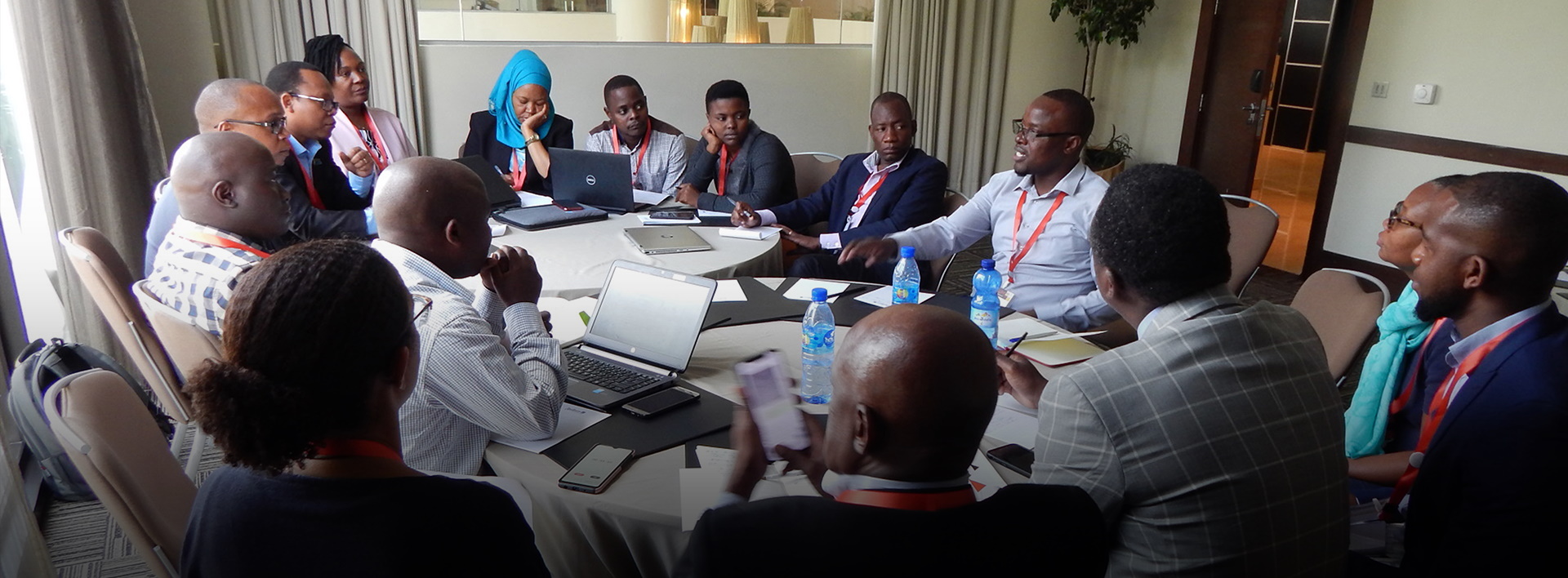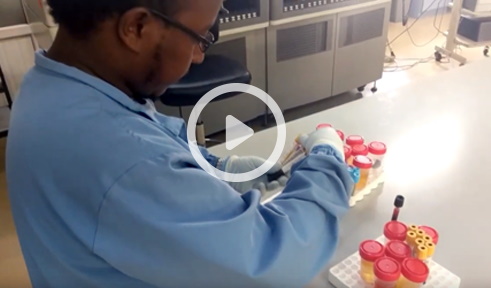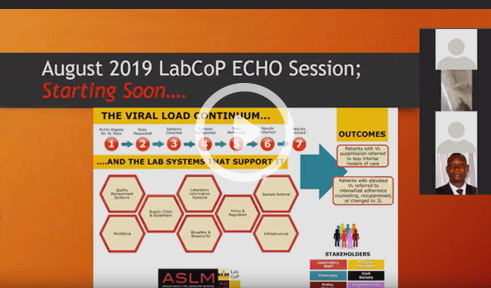Laboratory Systems Strengthening Community of Practice (LabCoP)
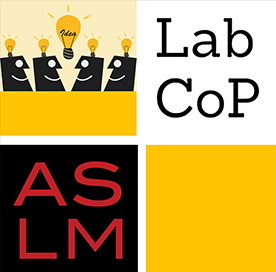
LabCoP Sub-Communities of Practice
LabCoP has three sub-communities of practice (sub-CoP) that focus on specific laboratory topics vital to maintaining a strong laboratory system that produces better health outcomes for patients. Find out more about these sub-CoPs and the ways that they help support the laboratory systems of the countries that participate by exploring the links below.
Monitoring & Evaluation
Learn MoreWaste Management
Learn MoreDiagnostic Network Optimisation
Learn MoreLabCoP Resource Library
The resources gathered here are designed to provide LabCoP country teams and stakeholders with tools, guidance, information and best practices from neighbouring countries and global health organisations, to help them scale up a variety of laboratory and diagnostics capabilities. Check out LabCoP Connect newsletter, ECHO sessions, the Cookbook of Best Practices and more!
LabNetLead
The LabNetLead course introduces concepts and activities essential to adequately design, optimise, lead and manage functional, high-quality laboratory networks.
Frequently Asked Questions
LabCoP is an abbreviation for Laboratory Systems Strengthening Community of Practice. It is a collaborative learning network of multidisciplinary and multi-stakeholder country teams working together to create knowledge and to share information, experiences and best practices. LabCoP is funded by the Bill & Melinda Gates Foundation, and supported by ICAP at Columbia University and Project ECHO™ (Extension for Community Healthcare Outcomes) at the University of New Mexico Health Sciences Center. ASLM’s LabCoP initially focused on supporting country teams to scale up high-quality HIV viral load monitoring for improved patient outcomes through the strengthening of laboratory system functions. Over time, LabCoP has expanded to address health system issues beyond HIV to include COVID-19, tuberculosis, waste management, and monitoring and evaluations (M&E).
Some countries are making more rapid progress fighting a given disease, suggesting that they might have identified, adapted, and are implementing best practices to meet the needs of their local context. What works in one country could be adapted and applied in another. Additionally, the challenges a laboratory system faces not only concern laboratorians, but also clinicians, communities, patients and policy makers, who ensure appropriate demand for testing, correct utilisation of test results, and implementation of enabling policies. Creating, exchanging and disseminating best practices among multi-country working groups through LabCoP can accelerate the scale up of diagnostic testing for improved patient outcomes.
To provide a platform fostering peer-to-peer exchange amongst laboratorians, clinicians, policy makers and communities, leveraging expertise across Africa and beyond. LabCoP activities will be articulated around:
- Knowledge creation facilitated by country teams engaged in collaborative problem solving to identify best practices (from creating patient and provider demand, to test requisition, specimen collection, transportation, testing, the return of results, and finally, to the effective utilisation of test results to guide patient management).
- Knowledge dissemination of identified solutions regarding key challenges in the testing cascade will leverage programmatic case-based learning, to promote the adoption of locally derived best practices. Knowledge dissemination will be supported by the ECHO™ education and collaborative problem-solving model and platform developed by the University of New Mexico.
Activities in LabCoP include:
- a series of online seminars, workshops, interactive working groups, webinars and video teleconferencing sessions to facilitate the creation, sharing and adoption of laboratory best practices or lessons learned. All virtual sessions will be moderated by an experienced facilitator.
- a yearly face to face meeting to maintain country engagement and evaluate the achievement of LabCoP.
- an opportunity for continuous asynchronous interaction through use of the WhatsApp communication and collaboration platform to promote sharing of knowledge, experience, and resources across the LabCoP community.
- In addition, LabCoP will support countries to conduct baseline and follow up self-assessment of the country testing cascade. This information will contribute to populating a dashboard highlighting and identifying gaps and strengths as well as monitoring the advancement in laboratory systems strengthening initiatives in participating countries.
LabCoP membership is based on country teams rather than individual membership. Membership is voluntary, free of charge and is open for any country in sub-Saharan Africa. Countries that are interested in becoming a member of LabCoP are advised to take the following steps to register with ASLM:
- Ensure that a country team (working group) including representatives of laboratory services, clinical care and the civil society can be constituted
- Obtain the support of the Ministry of Health in your country for participation in LabCoP. The LabCoP team can provide templates for letters of interest.
- Send a letter of interest signed by a senior official at the Ministry of Health to ASLM using the contact address described in #10 below;
- Once your country has become a member, the country working team will have immediate access to participation in a series of online best practice sharing webinars and video teleconferencing sessions.
Members of the country working team should be volunteers chosen based on merit, and should be comprised of, but are not restricted to laboratorians, clinicians, strategic information officers, pharmacists, representatives from the Ministry of Health, people living with disease, community activists, program people and delegates from local and international implementing partners. About 8-10 people are adequate for the establishment of a country working team.
Being a LabCoP member gives the country the opportunity to share and highlight its successes and challenges, and to learn from other countries. Member countries will have the opportunity to receive technical assistance to design laboratory capacity strengthening interventions based on identified best practices.
LabCoP country working teams are expected to engage in online and offline work sessions with other countries to identify, validate, and prioritize best practices including along the entire HIV viral load testing cascade. We anticipate that online work sessions will be organized at least once a month and that preparatory work might take a maximum of half a day per week.
There are no financial incentives foreseen. Cost for internet or communication will be supported by the project. Support for procurement of video conferencing equipment can be negotiated if necessary. LabCoP will support identification, dissemination and adoption of best practices, but will not fund their implementation.
ASLM’s LabCoP was launched on 24 October 2017 during an African regional viral load scale-up conference held in Addis Ababa, Ethiopia.
Should you require additional information about LabCoP, or for queries related to membership, please contact the project leadership team.
- Dr Collins Otieno Odhiambo, LabCoP Project Lead, email
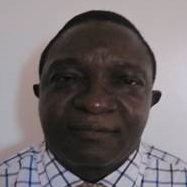
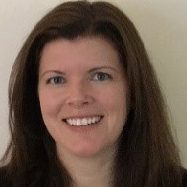
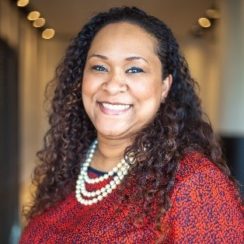

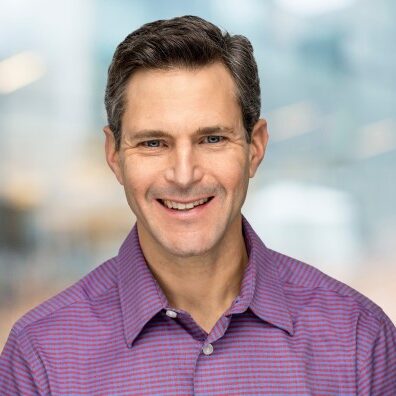
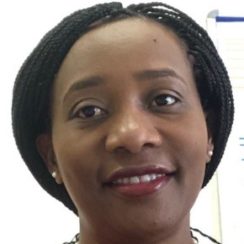
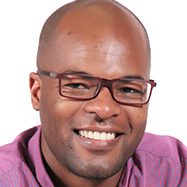
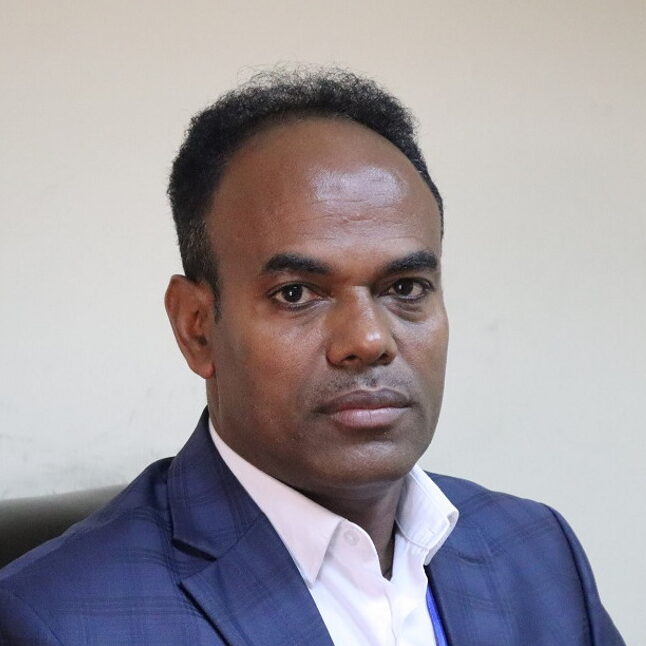
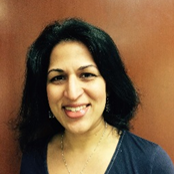
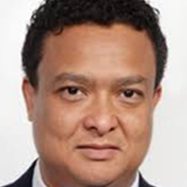

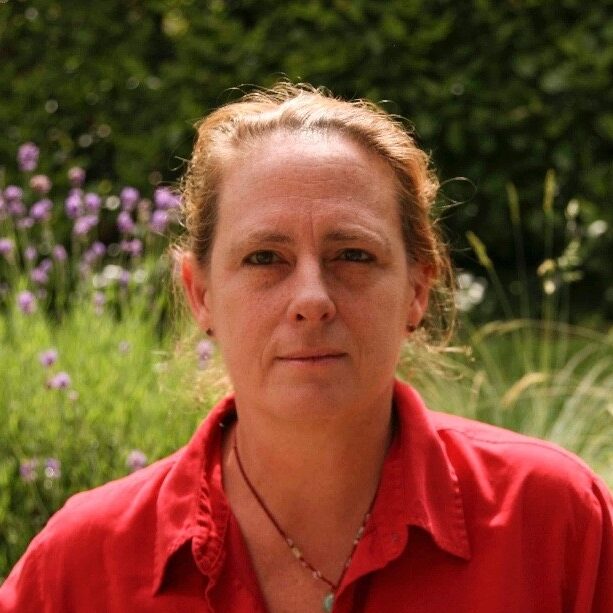
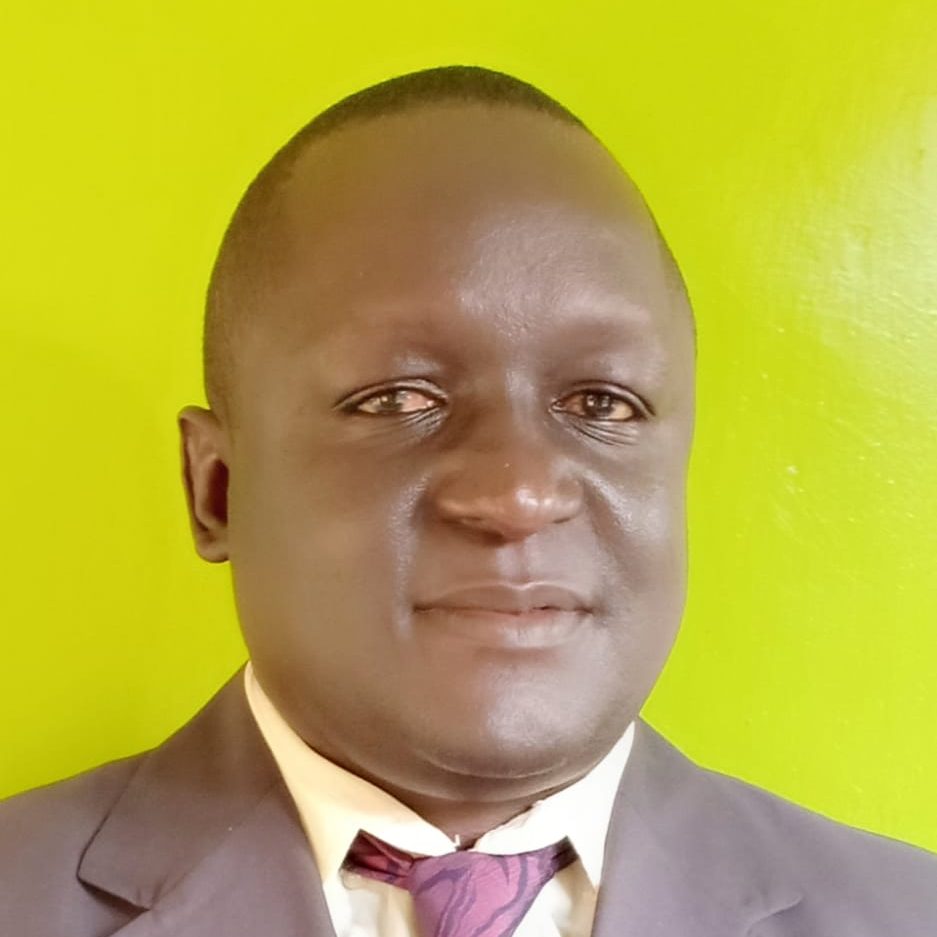
Project Lead, LabCoP, ASLM
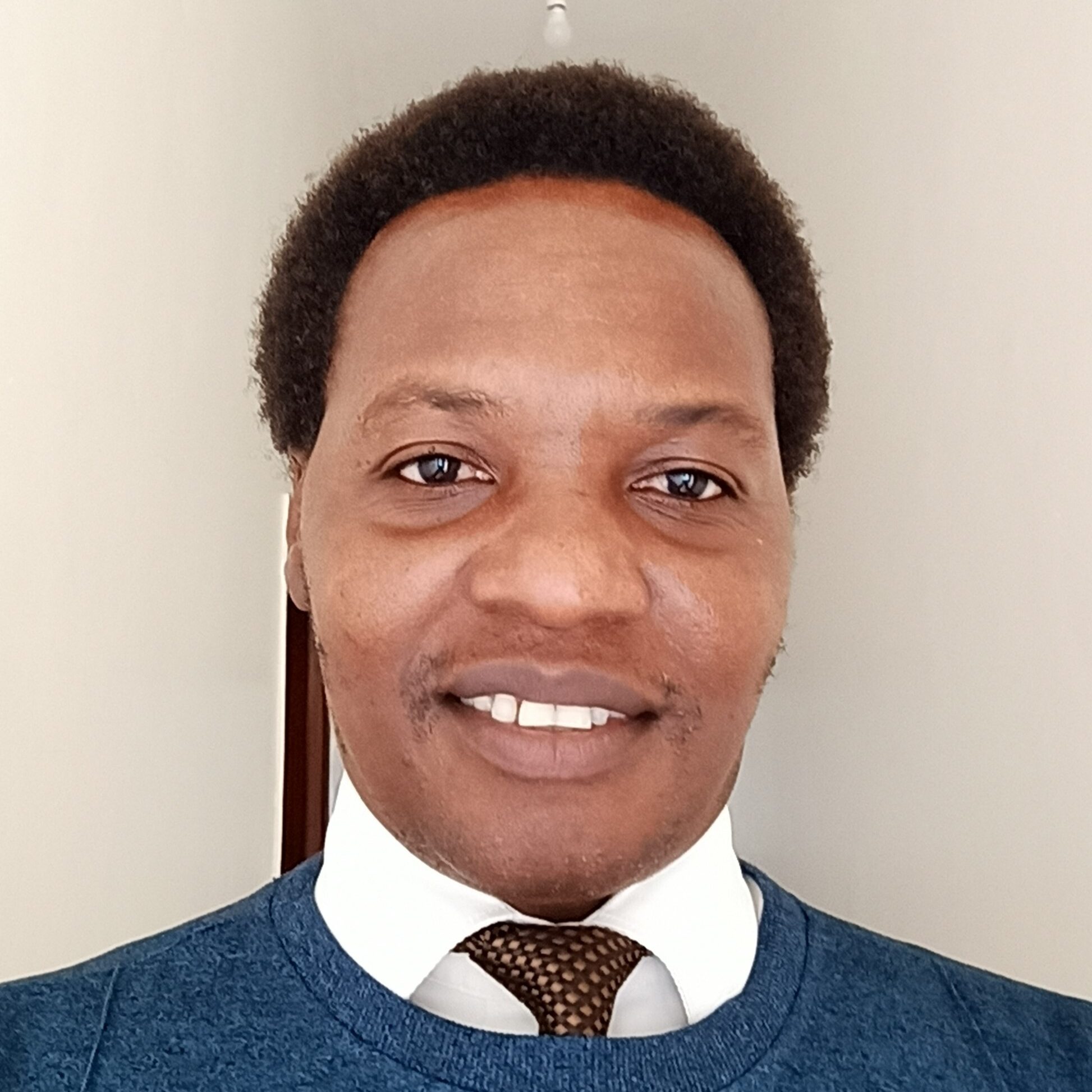
Project Manager, LabCoP, ASLM
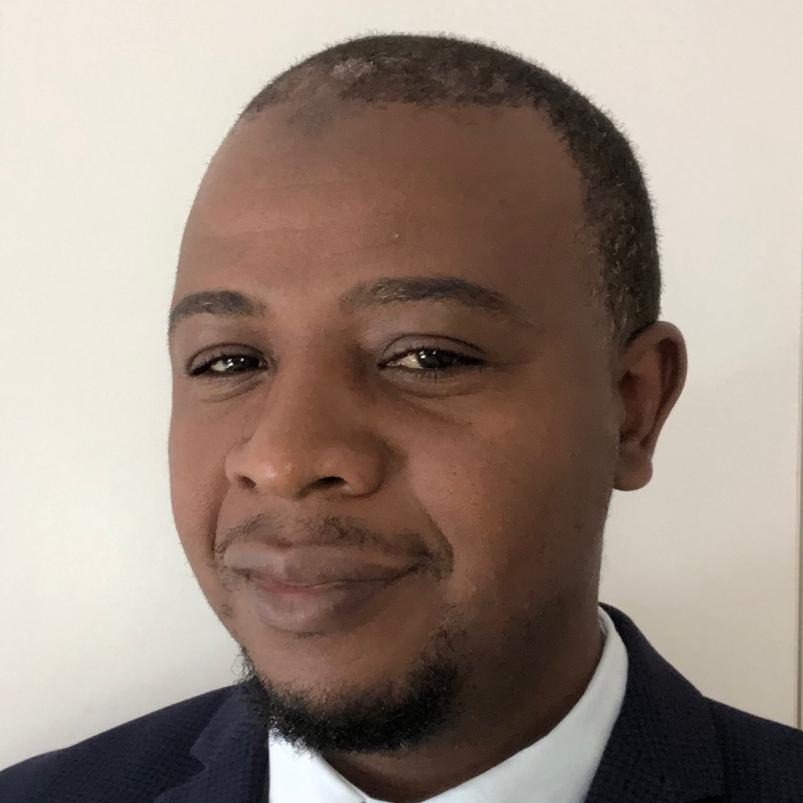
Education Component Lead, LabCoP, ASLM
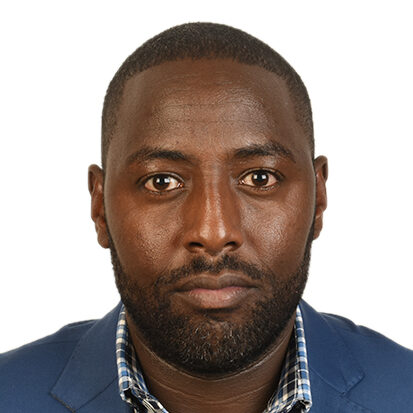
M&E Technical Support Lead, LabCoP, ASLM
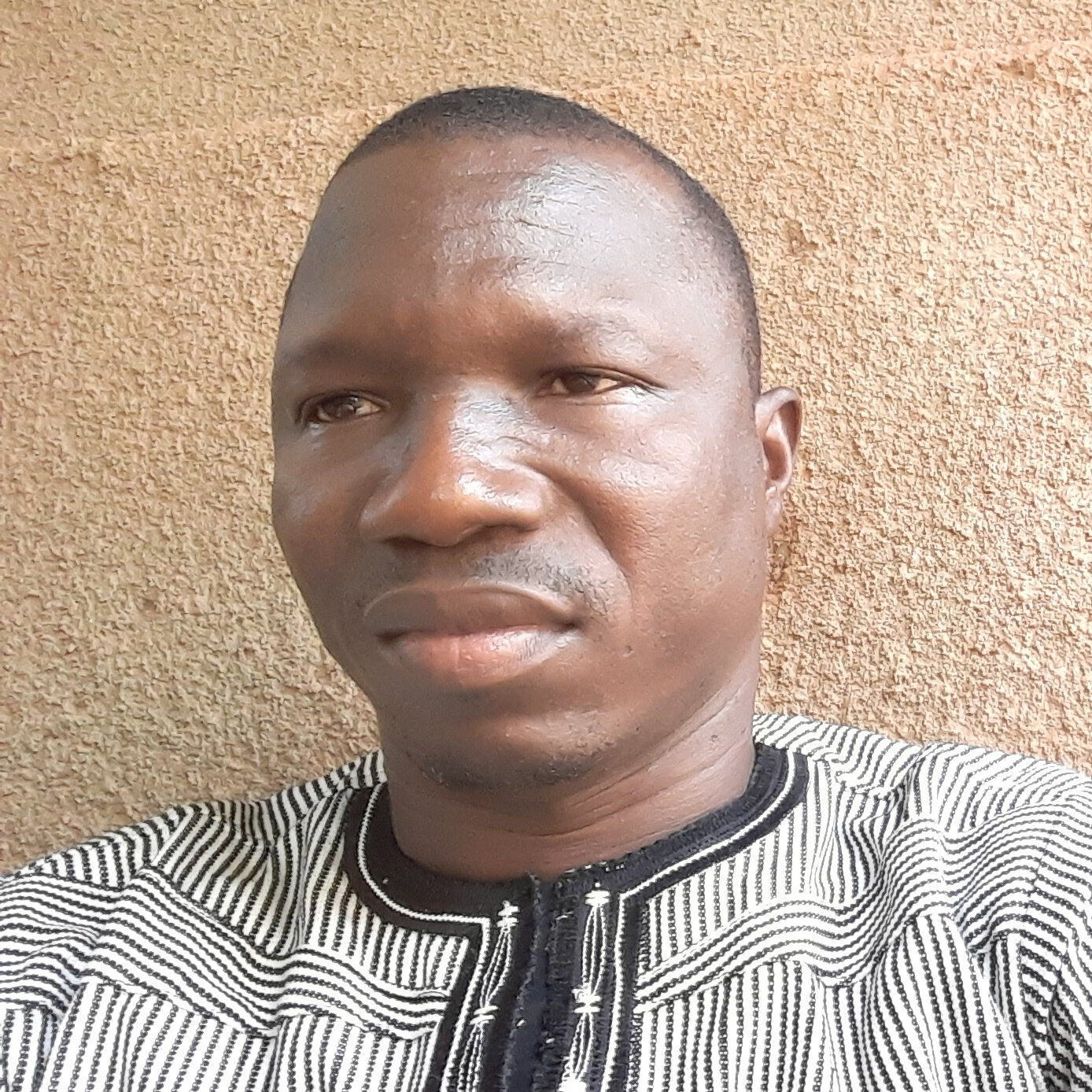
Project Officer, LabCoP, ASLM
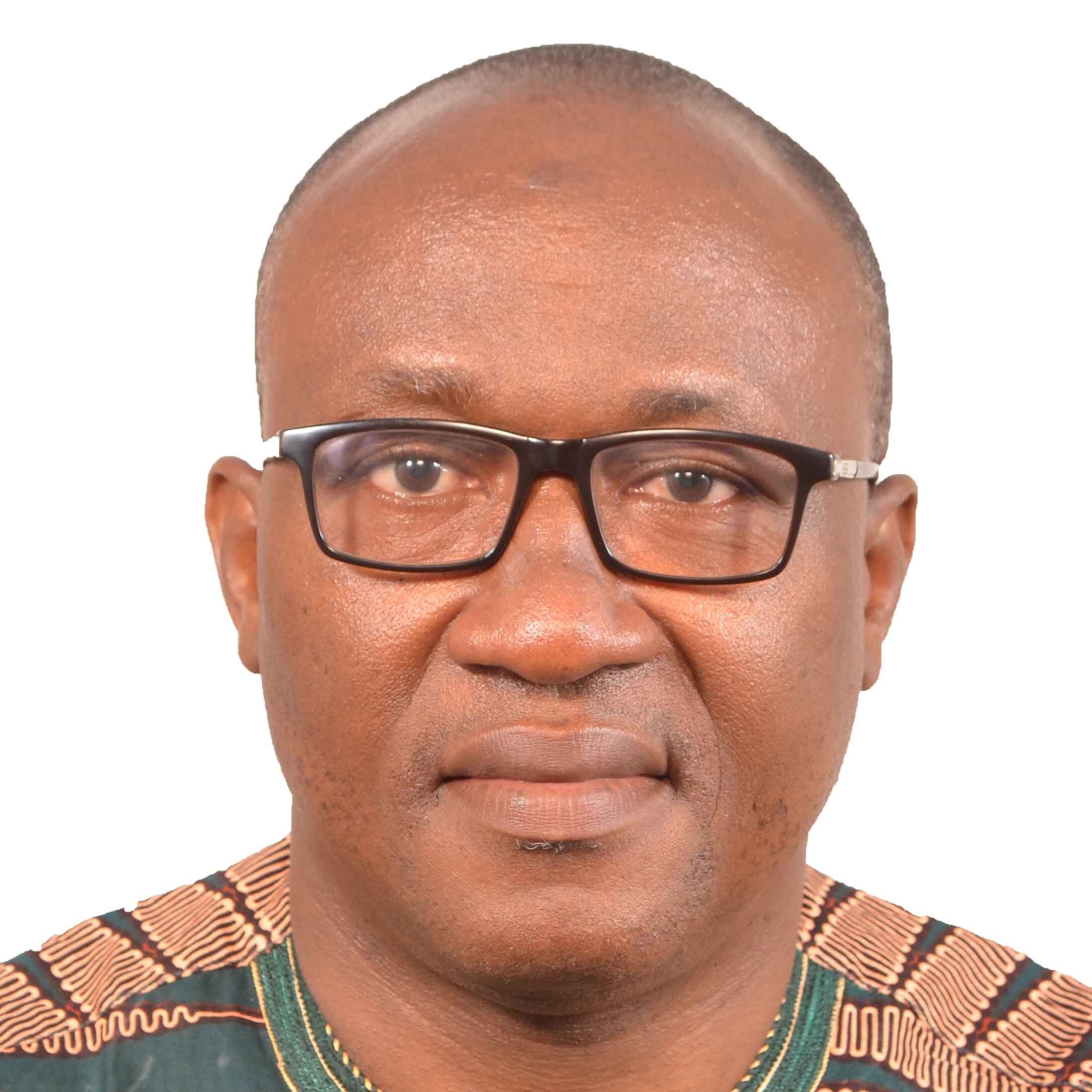
Francophone Coordinator, LabCoP, ASLM
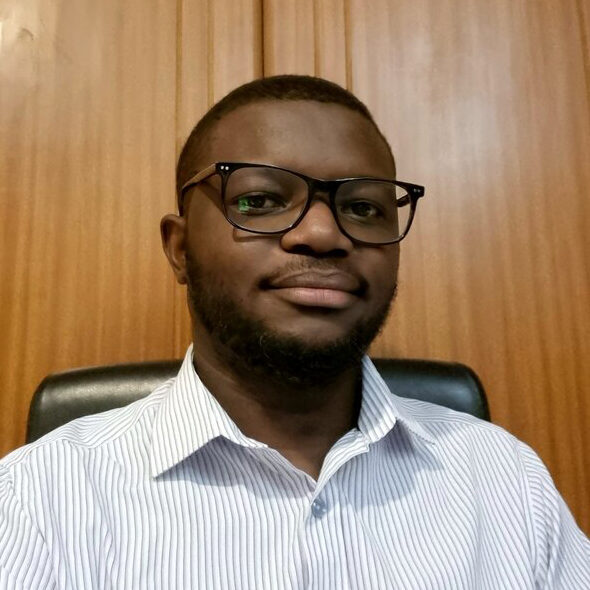
Science Manager, ASLM
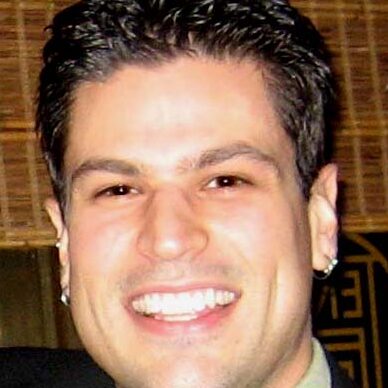
Communications Manager, ASLM
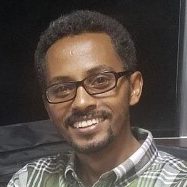
Information Technology and Web Specialist, ASLM
To request an invitation to join LabCoP’s communication hub please fill out the form below.

